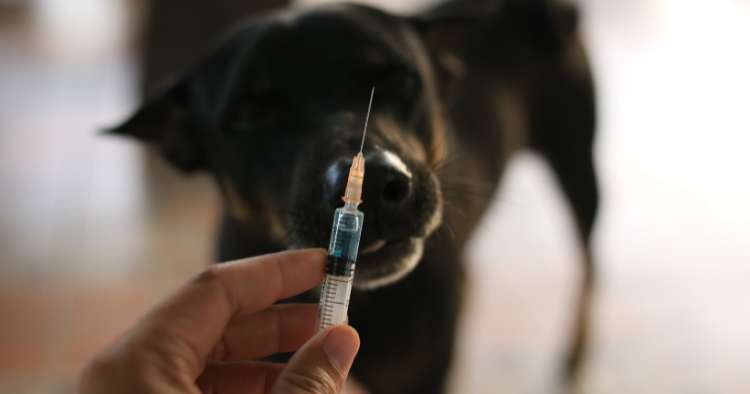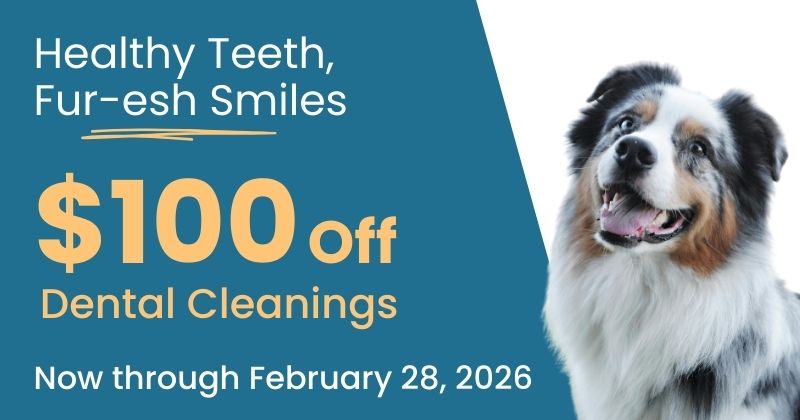
Vaccinating your pet is essential to protect his or her health. In addition to preventing many life-threatening illnesses, vaccinations can prevent diseases prevalent in wildlife and those that can be passed to humans. It’s important to administer vaccinations when pets are puppies and kittens because their young immune systems are still developing and need protection to stay healthy.
While any medical treatment involves some degree of risk, in the case of vaccinations, the benefits far outweigh any potential side effects. Adverse reactions are rare and usually mild and short-term when they do occur. Your vet can explain what to watch for in your pets after they are vaccinated.
Below are the common vaccines administered. Our vet will discuss and develop a customized vaccination plan based on your pet’s specific needs.
When a baby kitten or puppy is born, its immune system is not yet mature; the baby is wide open for infection. Fortunately, nature has a system of protection. The mother produces a certain kind of milk in the first few days after giving birth. This milk is called colostrum and is rich in all the antibodies that the mother has to offer. As the babies drink this milk, they will be taking in their mother’s immunity. After the first couple of days, regular milk is produced and the baby’s intestines undergo what is called closure, which means they are no longer able to take externally produced antibodies into their systems. These first two days are critical to determining what kind of immunity the baby will receive until its own system can take over.
How long this maternal antibody lasts in each puppy or kitten is totally individual. It can depend on the birth order of the babies, how well they nursed, and other factors. Maternal antibodies against different diseases wear off after different times. We know that by 14-20 weeks of age, maternal antibodies are gone, and the baby must be able to continue its own immune system.
While maternal immunity is in the puppy’s system, any vaccines given will be inactivated. Vaccines will not be able to “take” until maternal antibodies have sufficiently dropped. Puppies and kittens receive a series of vaccines ending at a time when we know the baby’s own immune system should be able to respond. We could simply wait until the baby is old enough to respond, as we do with the rabies vaccination, but this could leave a large window of vulnerability if the maternal antibody wanes early.
We recommend beginning the puppy and kitten vaccine series at six weeks of age. To give babies the best chance of responding to vaccination, we vaccinate intermittently every three weeks during this period, in the hope of gaining some early protection. When a vaccine against a specific disease is started for the first time, even in an adult animal, it is best to give at least two vaccinations. This is because the second vaccination will produce a much greater (logarithmically greater) response if it is following a vaccine given 2-4 weeks prior.
If you’d like to get your pet vaccinated, make an appointment online or call us at (770) 483-1551.

Dental health is a key part of your pet’s overall well-being — and now’s the perfect time to schedule:
Call (770) 483-1551 to schedule today!

Choosing a Pet Prime® Membership helps ensure that your pet receives regular immunizations to protect against these serious, and sometimes deadly, diseases.
A membership includes the vaccinations your pet needs, including required boosters, plus:
If you’d like to contact us, call us at (770) 483-1551 or request an appointment online.
Follow us on social media:
Closed from 1-2pm daily for lunch
*Saturday Walk-ins available on a first-come, first-served basis. Wait times vary, and you may be turned away if we reach capacity.